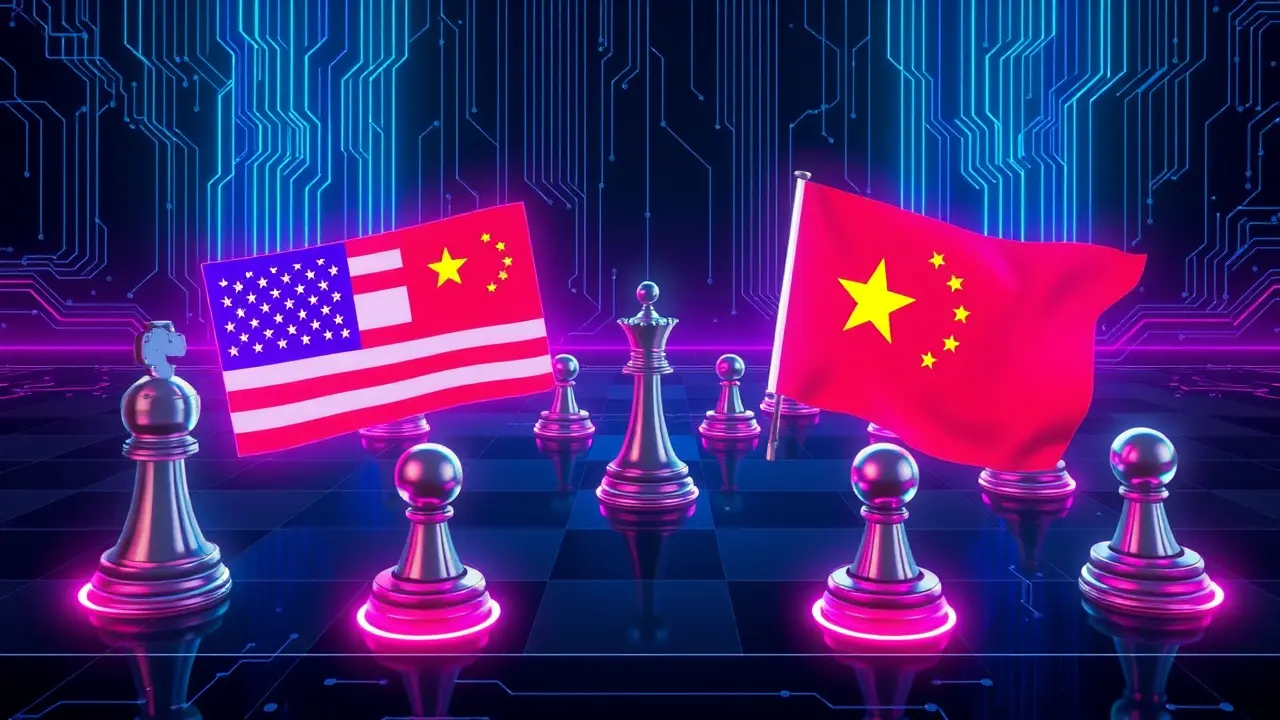
Politicssanctions & tradeTrade Tariffs
Florida Bans Chinese Property, EU Scrutinizes Nexperia Investment.
OL
Oliver Scott
10 hours ago7 min read4 comments
The geopolitical chessboard is experiencing significant tremors as two distinct but strategically connected moves unfold across the Atlantic, signaling a rapid hardening of the West's posture towards Chinese economic influence. In a decisive action emblematic of escalating US-China tensions, Florida has enacted a sweeping ban on Chinese citizens and entities purchasing property within the state, a measure framed around national security concerns but one that risks exacerbating economic friction and igniting legal challenges.Simultaneously, and with no less gravity, the European Union is reigniting a critical debate over foreign investment scrutiny, its focus sharpened by the ongoing saga of Nexperia, a Netherlands-based chipmaker owned by China's Wingtech. This company, though operating on European soil, finds itself caught in the crossfire of a broader technological cold war, its fate becoming a litmus test for the EU's strategic autonomy.The core of the controversy lies in the semiconductor sector, the central nervous system of the modern digital economy, where Western dominance is no longer assured. Nexperia's acquisition, once a routine business transaction, is now viewed through a prism of strategic vulnerability, with policymakers in Brussels and national capitals increasingly alarmed by the potential for critical infrastructure and intellectual property to fall under the control of a geopolitical rival.This is not an isolated incident but part of a patterned response, reminiscent of the blocked Chinese acquisitions of German robotics firm Kuka or the intense scrutiny on Huawei's 5G infrastructure, illustrating a continent-wide recalibration of risk assessment. The likely consequence is a new, more robust EU-wide screening mechanism, empowering member states to veto investments on grounds of security or public order, effectively creating a higher, more politicized barrier for Chinese capital.For Beijing, these parallel developments in Florida and Brussels represent a concerted containment effort, potentially forcing a reassessment of its global Belt and Road investment strategy and prompting retaliatory measures in kind. The ripple effects will extend far beyond diplomacy, impacting global supply chains already strained by pandemic-era disruptions and forcing multinational corporations to navigate an increasingly fragmented international regulatory landscape.Investors are now tasked with pricing in this new dimension of political risk, where a factory or a real estate portfolio is no longer just an asset but a potential geopolitical flashpoint. The situation with Nexperia, in particular, serves as a stark warning: in the current climate, no Chinese investment, especially in technology, can be considered purely commercial, as it is inevitably weighed against the backdrop of great power competition, with the very real potential to alter the balance of power in the critical decades to come.
#featured
#Florida
#Chinese-owned property ban
#Nexperia
#EU
#investment scrutiny
#US-China tensions
Stay Informed. Act Smarter.
Get weekly highlights, major headlines, and expert insights — then put your knowledge to work in our live prediction markets.
© 2025 Outpoll Service LTD. All rights reserved.